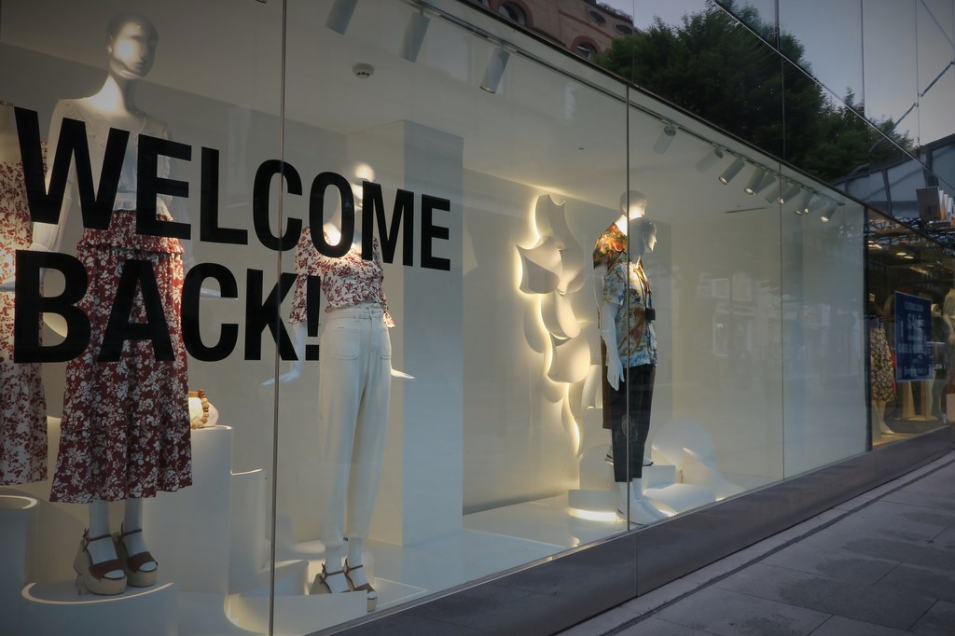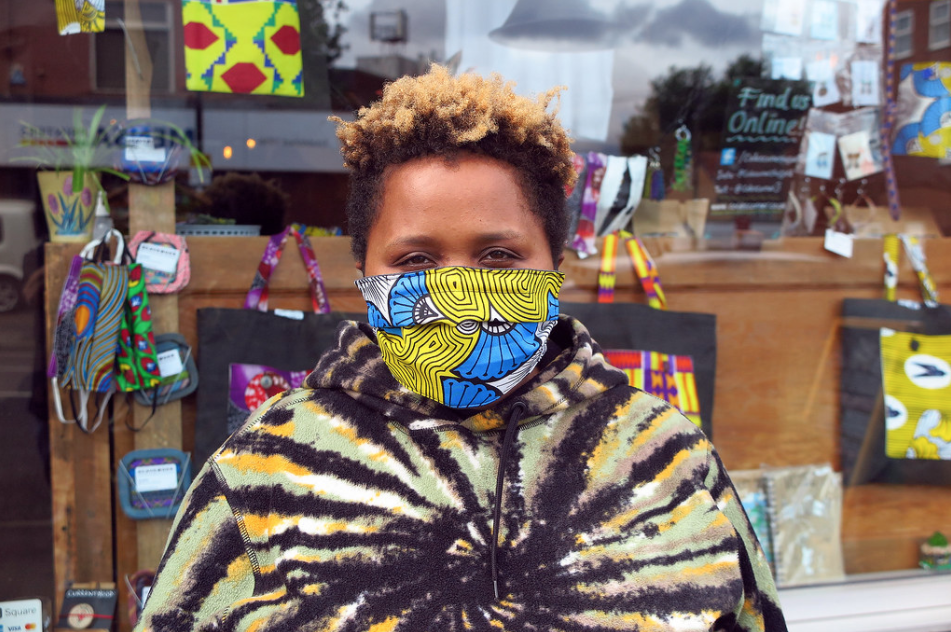Amidst a pandemic, fashion continues to evolve. Masks have become an essential part of going out, and as people venture back to the outside world, the fashion industry has restarted after coming to a screeching halt.
One big impact COVID-19 has had is that people were no longer able to shop in stores, and as a result many shops closed down. This disrupted the supply chain; inventory was no longer constantly changing in stores and clothes aren’t being mass-produced and the demand for clothes changed drastically.
Now, it’s all about online shopping. Online shopping had already disrupted the in-store shopping experience and the Coronavirus merely exacerbated the issue. According to Business Insider, H&M is closing 350 stores to focus on its online sales instead. CNBC found that the Mastercard Economics Institute reported that consumers spent $900 billion on online shopping.
Local businesses have also moved to online e-commerce. According to Sonoma Magazine, Oliver and Grace Estrada opened their store in Healdsburg The Barlow only for it to close once the pandemic hit.
Another thing brands are now looking to do is to go green. Nike is looking to be a sustainable brand by introducing their shoes that are made with sustainable materials that are, “made with 50% recycled content.” They also have a Nike Refurbished program that resells shoes that have been returned after a couple days that are “like new, gently worn, and slightly worn.”
Fourth year student Izabella Durham stated that, “Nike becoming more environmentally conscious was bound to happen,” and “is glad they’re finally doing it,” but that, “it’s a cash grab towards people who are conscious or want to feel good about environmentally friendly items.”
Another student, Jhery Mae Monteza agrees that Nike “becoming environmentally conscious because the fast fashion companies play a big role in climate change,” but “lowkey think it’s a cash grab in order to persuade people products but that it’s a good thing they’re doing it.”
Both students agreed that they prefer to shop in store rather than online so that they can see how clothes fit.
LesJour, a relatively new brand started by Australian actress Phoebe Tonkin, was started with the intention of being a sustainably made brand whose clothes can easily transition from a Zoom meeting to everyday life and marketing itself as a work-from-home uniform, made with renewable material made in Los Angeles. Tonkin was inspired by, “wishing for a new uniform—something chic enough for a Zoom meeting, comfy enough to wear during a 6-hour true crime binge watch in bed, and easy enough that I didn’t have to think about it,” according to the LesJour website.
The coronavirus also has also inspired fashion trends. It started with the Zoom shirt; the shirt that could be used for all sorts of Zoom meetings rather choosing outfits every day. One trend that had its moment recently was the cold-shoulder top. This came after more people were eligible to get the COVID-19 vaccine. Most notably seen wearing the cold-shoulder top was Dolly Parton while being vaccinated in a video on Instagram. According to the New York Times, “Lyst, the fashion search and shopping platform, has seen searches for cold-shoulder tops increase 21 percent since the start of March, according to a company spokeswoman.”
The newest fashion moment and another 90’s throwback being the return of the sweater vest. Max Berlinger for the New York Times described the sweater vest as a piece of clothing to “embody this liminal moment” between “lockdown and freedom, winter and summer, this fence-straddling garment is sublimely attuned to these strange, in-between times.” They’ve been sported by the likes of Harry Styles and Tyler the Creator.




































